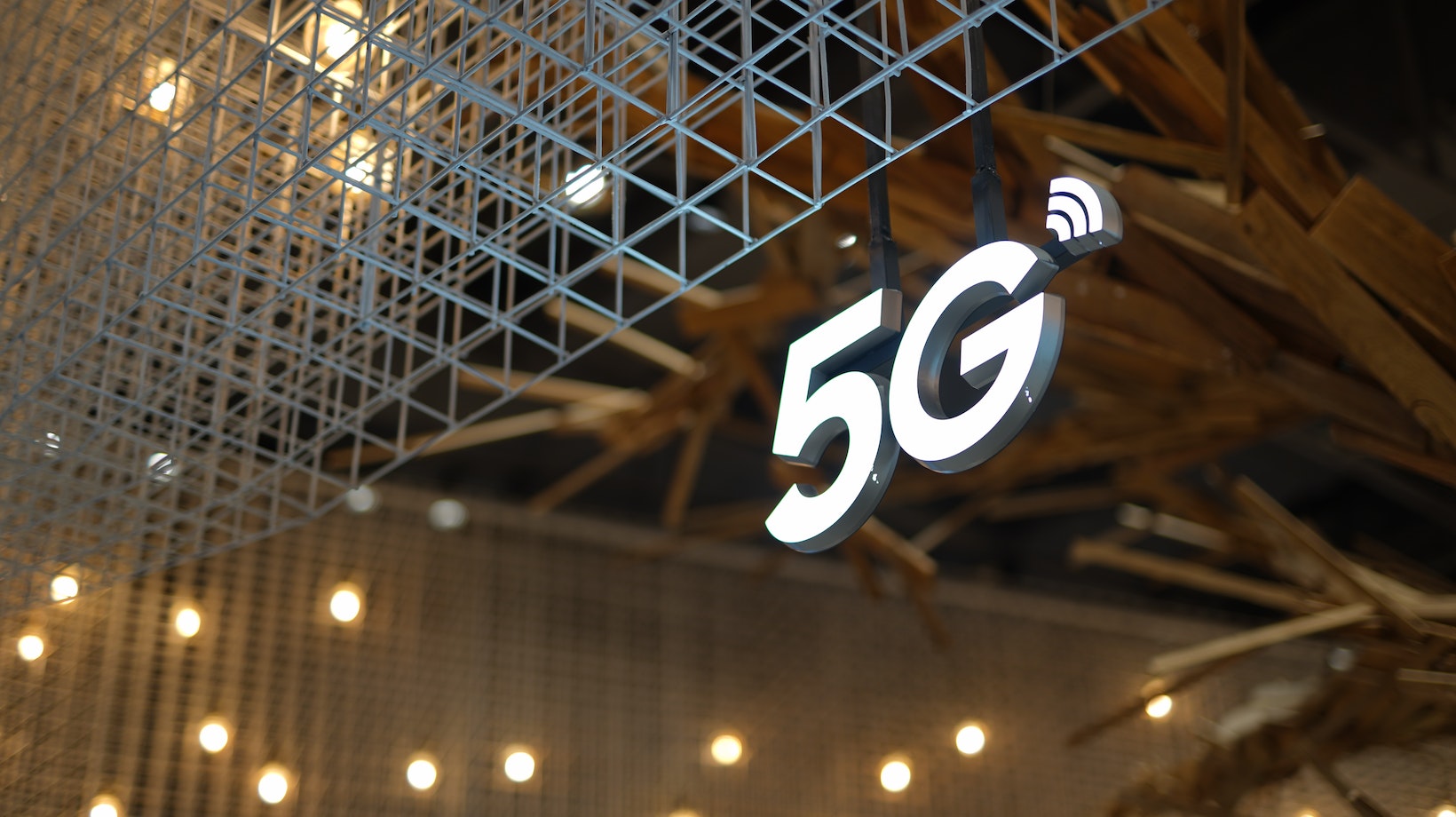When it comes to choosing the right internet service provider for your home, the options can sometimes feel overwhelming. Two popular choices that often come up in discussions are Verizon Fios and 5G home internet. In this article, I’ll compare Verizon Fios and 5G home internet to help you make an informed decision.
Verizon Fios has long been known for its reliable and high-speed fiber-optic network. With speeds ranging from 100 Mbps to a blazing-fast 940 Mbps, Fios offers impressive performance for both browsing and streaming needs. Whether you’re a casual web surfer or a heavy-duty gamer, Verizon Fios can handle your bandwidth demands with ease.
On the other hand, 5G home internet is an emerging technology that promises lightning-fast speeds without the need for traditional cables or wires. As more cities roll out their 5G networks, this wireless option is becoming increasingly attractive to those seeking flexibility and convenience. With potential speeds of up to 1 Gbps, 5G home internet has the potential to revolutionize how we connect online.
Verizon Fios vs 5G Home Internet
When it comes to choosing between Verizon Fios and 5G home internet, there are a few key factors that you need to consider. Let’s delve into what sets Verizon Fios apart and what you should know before making a decision.
- Fiber Optic Technology: One of the major advantages of Verizon Fios is its use of fiber optic technology. Unlike traditional internet connections that rely on copper cables, fiber optics offer faster speeds and more reliable performance. With Verizon Fios, you can experience lightning-fast download and upload speeds, which is especially crucial for bandwidth-intensive activities like streaming HD videos or online gaming.
- Network Stability: Another noteworthy aspect of Verizon Fios is its network stability. Since it utilizes a dedicated fiber optic connection directly to your home, you don’t have to worry about fluctuations in speed or performance due to shared bandwidth with neighbors or peak usage times. This means you can enjoy consistent internet speeds even during busy periods.
- Bundle Options: If you’re looking for an all-in-one solution for your home services, Verizon Fios offers bundle options that include not only high-speed internet but also TV and phone services. By bundling these services together, you can potentially save money while enjoying the convenience of having all your communication and entertainment needs met by a single provider.
- Availability: While Verizon Fios has been expanding its coverage area over the years, it may not be available in all locations yet. Before considering Verizon Fios as your primary home internet option, make sure to check its availability in your area using their online address checker tool or by contacting their customer service.
In conclusion, Verizon Fios offers the advantages of fiber optic technology, network stability, and bundle options for a comprehensive home service experience. However, with the emergence of 5G home internet, it’s important to stay informed about new advancements in connectivity options and determine what best suits your needs. 5G Home Internet: A Game-Changer in Connectivity

5G Home Internet
When it comes to connectivity, 5G home internet is making waves and challenging traditional options like Verizon Fios. With its promise of faster speeds, lower latency, and greater capacity, 5G is revolutionizing the way we stay connected at home. Let’s dive into why 5G home internet is a game-changer:
- Blazing Fast Speeds: One of the standout features of 5G home internet is its incredible speed capabilities. With speeds up to 10 times faster than typical broadband connections, streaming movies, downloading large files, and online gaming become seamless experiences. Whether you’re a heavy media consumer or rely on fast internet for remote work or virtual learning, 5G has got you covered.
- Lower Latency for Real-Time Interactions: Latency refers to the delay between sending a command and receiving a response. In this regard, 5G shines brightly by significantly reducing latency compared to other technologies like cable or DSL. This means smoother video calls with minimal lag time and improved performance for online multiplayer gaming.
- Enhanced Capacity: With more devices being connected than ever before – from smart TVs to smart appliances – having enough bandwidth to support them all can be a challenge. However, 5G home internet offers enhanced capacity that can handle multiple devices simultaneously without sacrificing speed or quality of service.
- Wide Coverage and Flexibility: While Verizon Fios relies on physical infrastructure like fiber-optic cables, 5G home internet provides wireless connectivity that can reach areas where laying cables may not be feasible or cost-effective. This makes it an attractive option for rural communities or regions with limited access to high-speed broadband.


